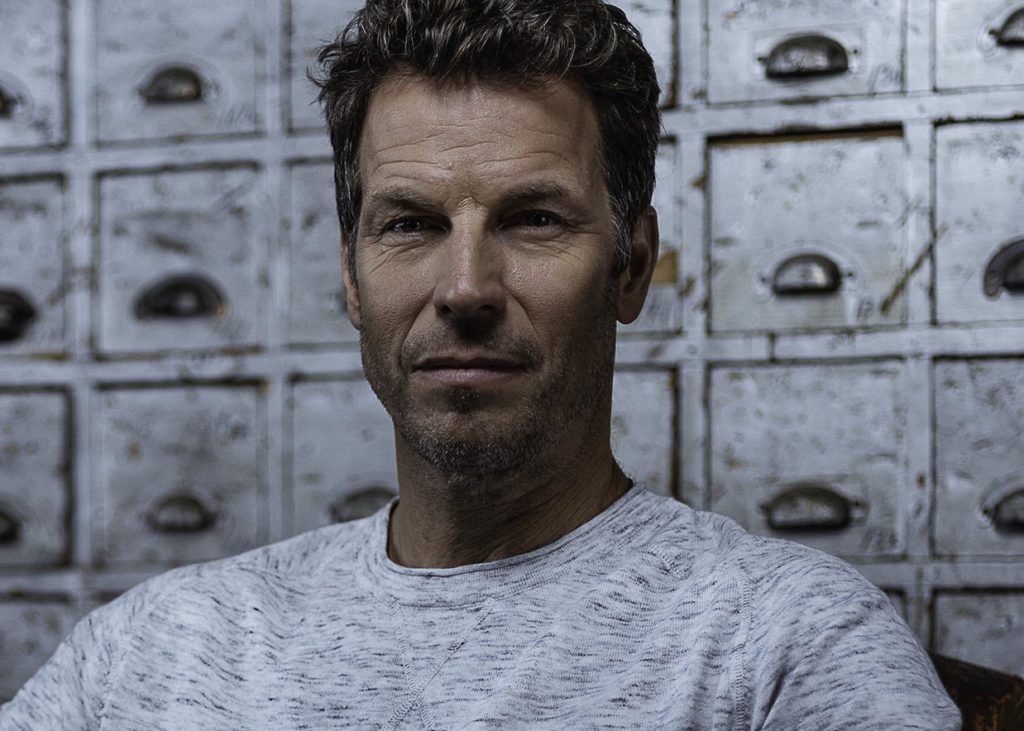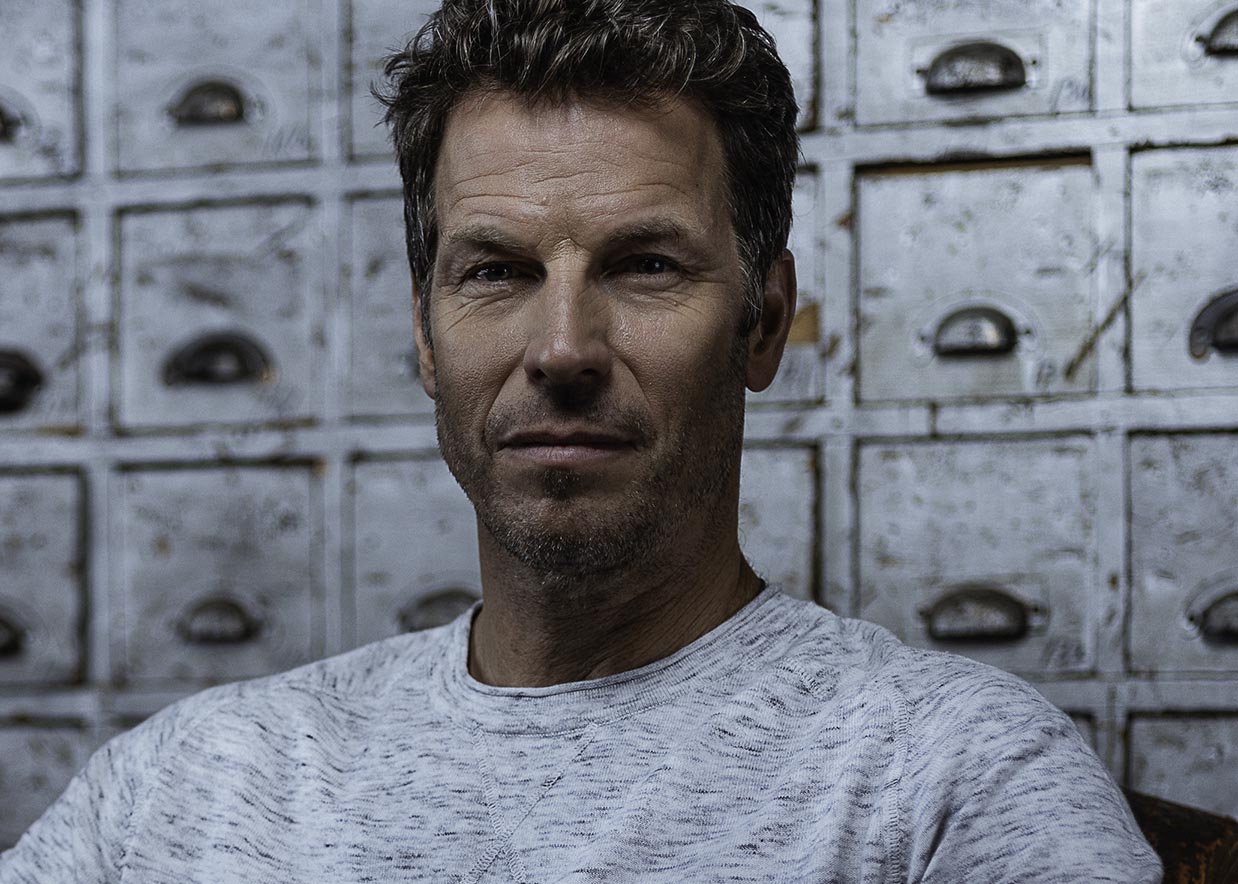
First the bad news: We’ve been doing leadership all wrong. Now the good: That can change—easily and fast. So says former Chipotle co-CEO Monty Moran, who catapulted the regional burrito chain to a Fortune 500 superstar with a market cap near $40 billion. Ditch the carrots-and-sticks approach to incentivizing talent, he says, and replace it with love. Yes, love.
“Truly caring about your employees means wanting them to become the best possible versions of themselves and to achieve their own dreams,” says Moran, author of Love is Free, Guac is Extra: How Vulnerability, Empowerment, and Curiosity Built an Unstoppable Team, “which also happens to advance the leader’s organization.” it sounds soft. He swears it isn’t. How to start:
Would you follow you? People follow those they respect and feel will guide them to a better place. “Look in the mirror and make sure you’re someone worth following, someone with a vision that can take them someplace they want to be,” says Moran.
Forge a connection. Moran urges leaders to take the time to sit down with employees one-on-one and get to know them. “Everyone in the world wants exactly the same thing, and that’s to be seen, valued, loved and understood,” he says. “Get vulnerable and curious with them; then they’ll get vulnerable and curious with you, and you’ll build a real connection.”
Plan a time when you can turn off your cell to focus on the conversation—if you can’t make the person in front of you your priority during your time with them, you’ll do more harm than good. Your goal: to build a connection and to understand their vision for their lives and how it overlaps with yours for the company. “When people feel valued, understood and loved, they know that you care about them, and they’re going to be there for you,” says Moran. “This stuff is powerful.”
Create encouraging circumstances. People feel empowered when they feel confident in their ability and encouraged by their circumstances. Experienced with training and development programs, companies tend to be adept at the former, but far less so with the latter. “In most workplaces, when things go wrong it’s almost always due to lack of empowerment,” says Moran. “And within that, it’s almost always due to lack of encouraging circumstances.”
This is where understanding your people and being able to articulate your vision and how each of them fits into it is critical. “You need to explain that you need them and that each and every one of them is critically important to achieving what you want to achieve,” says Moran. “And you need to dedicate yourself to helping them succeed.”
Get them to share the love. For Moran, how well a person did at elevating the people around them was a factor in talent decisions around hiring, promotions and raises. “At every place I’ve led, I instill as a foundational principle that each of us will be rewarded based on our effectiveness in making the people around us better,” he says. “Because you need other people to spread this culture. HR has to become everyone’s responsibility.”
Set in motion, a culture of empowerment builds over time. People grow accustomed to helping team members grow and improve, recognize the value it brings and appreciate the rewards it brings. “Nothing in this life is more powerful or gratifying than being the source of another person reaching their full potential,” says Moran.
